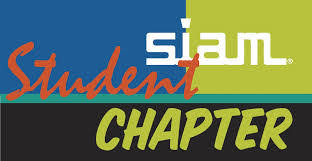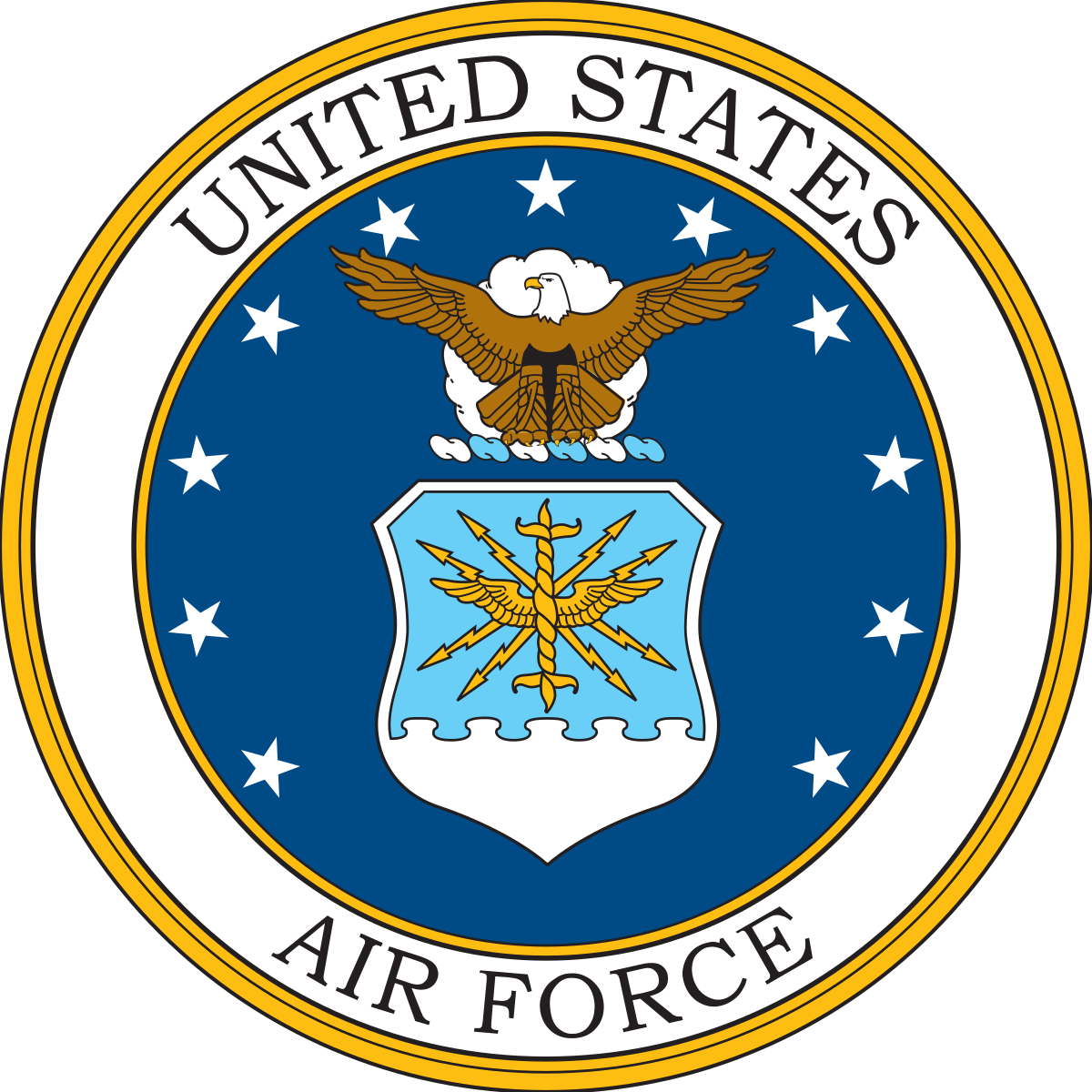Conference Organization
The conference will run in hybrid mode. In presence participation will be in the SISSA main building in the following rooms:
Tue 14: A-133- Ambrosetti Lecture Room
Wed 15: A-136 - Dubrovin Lecture Room
Thu 16: A-133 - Ambrosetti Lecture Room
Fri 17: A-133 Ambrosetti Lecture Room
Coffee breaks at SISSA will be served in the main cafeteria on the ground floor of the main building A
All the participants will also receive a zoom link to follow remotely all the talks and the poster session.
The scope of the Workshop
This workshop is focused on the review of recent algorithmic and mathematical advances and the development of new research directions for Mathematical Model Approximations via RAMSES in the setting of parametrized partial differential equations with sparse and noisy data in high-dimensional parameter spaces.
Workshop chairs: Marta D'Elia (Sandia National Laboratories), Max Gunzburger (Florida State University) e Gianluigi Rozza (SISSA).
Local Coordinators: Prof. Gianluigi Rozza, Dr. Francesco Ballarin, Dr. Giovanni Stabile, Dr. Andrea Mola.
Organising committee: SISSA mathLab team.
Scientific objectives and novelty of the workshop: The workshop focuses on four promising approaches for near-future improvements in the way model approximation in the partial differential equation setting is carried out. The central objective of the workshop is to gather together both senior and junior researchers
- to exchange the latest knowledge and results each of these participants brings to the table;
- to provide guidelines for the most promising approaches for near-future research;
- to provide junior researchers with new problems that they can incorporate into their research plans.
As opposed to other approximation/data-science/machine learning conferences, RAMSES features a poster blitz and a poster session entirely focused on junior participants, who will gain visibility and interact with experts.
Another important feature of RAMSES is that at the end of the second and third day a discussion session will take place. At these sessions, participants will review the talks of the day and discuss what are the most important and promising research directions. The discussions will be facilitated by a panel of selected speakers, non-speaking experts and funding agency personnel.
Expected outcome and impact of workshop:
-
The exchange of recent and even unpublished progress and results and the construction of guidelines for the most promising directions of near-future research.
-
Synergistic exchanges between the mathematics and data science communities and establishment of new collaborations between them.
-
Exposure of a sizable group of junior researchers already active in the field to new problem areas and new directions for their research.
The event is also among the proESOF initiatives.

It is also organized in cooperation with SISSA SIAM student chapter and supported by the United States Air Force.






